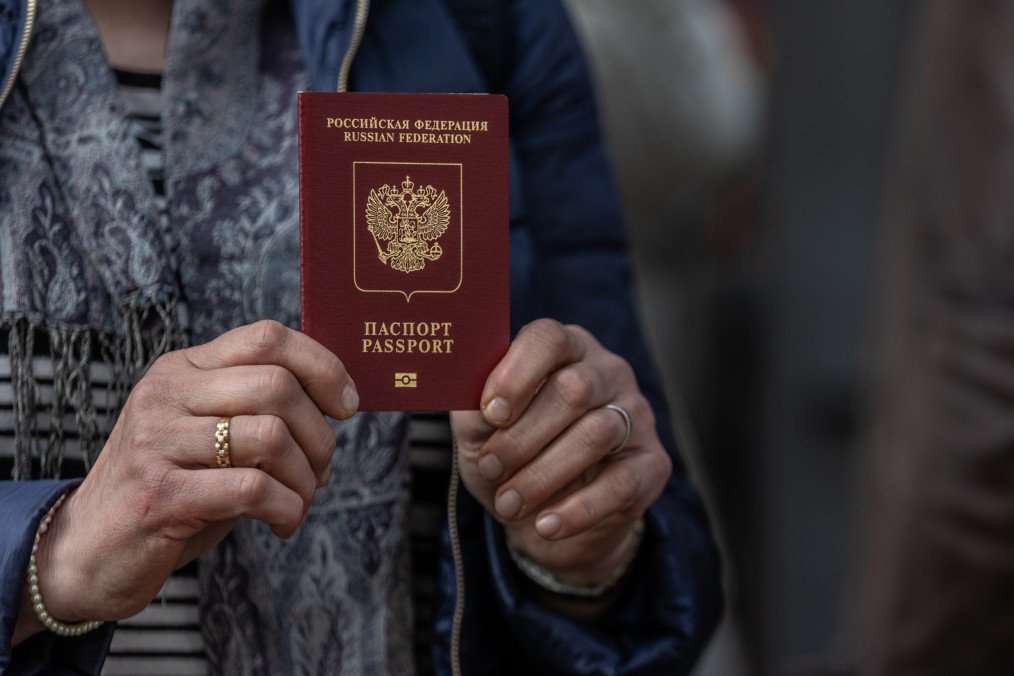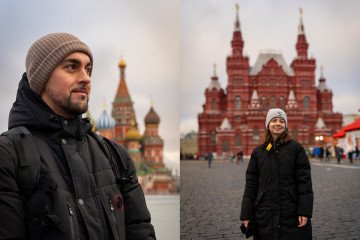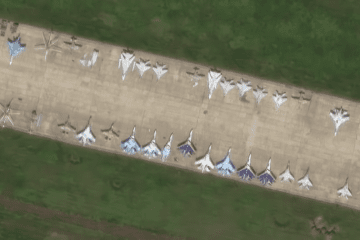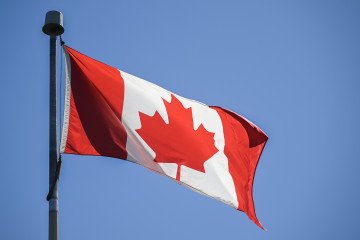- Category
- Latest news
Ukrainians in Russian-Occupied Territories Designated as “Foreigners” Without Rights

As of January 1, 2025, Ukrainians residing in Mariupol and other areas occupied by Russia since 2022 face new restrictions if they refuse Russian citizenship.
These individuals will be classified as “foreigners” by Russian authorities and will lose access to pensions, social benefits, and other fundamental rights. Employment opportunities will also be significantly limited, while “non-citizens” may face higher tax rates and restricted access to medical care.
According to Human Right in Ukraine, those unwilling to accept Russian citizenship in occupied Kherson, Donetsk, Luhansk, and Zaporizhzhia regions must register as “foreign nationals” or obtain temporary residence permits.
Without these, their stay in occupied areas will be limited to 90 days per year. These measures were outlined in directives issued by Russian officials in late 2022, including instructions to cease pension and social benefit payments to non-citizens starting January 2025.
In Mariupol, the local occupation administration has confirmed that residents who decline Russian citizenship will lose access to free healthcare and face challenges in securing employment. The process mirrors similar mandates in other occupied territories, such as decrees by occupation authorities Denis Pushilin in Donetsk and Vladimir Saldo in Kherson.
The policy of imposing Russian citizenship on residents in occupied territories is not new. Following its annexation of Crimea in 2014, Russia gradually introduced citizenship requirements, intensifying these efforts after its full-scale invasion in 2022. In September 2022, Russian forces conducted “referendums” in occupied regions, claiming overwhelming support for joining Russia. However, the coercive measures implemented since indicate resistance among residents.
Reports from 2023 suggest that residents in need of essential medications, such as insulin, were compelled to accept Russian citizenship to access medical care. Families were also reportedly pressured to obtain Russian passports under threats of child separation or deportation.
Additionally, property belonging to Ukrainians who fled occupied areas has been seized by occupation authorities. Land and assets are used as leverage to encourage citizenship uptake, a practice that began in Crimea and expanded to newly occupied territories.
Earlier, the National Resistance Center of Ukraine reported that by the end of 2024, Russia aims to “passportize” all residents over the age of 14 in occupied Ukrainian territories. Those refusing Russian citizenship face inclusion on a special list as “foreign citizens” from 2025, effectively stripping them of basic rights.


-111f0e5095e02c02446ffed57bfb0ab1.jpeg)


